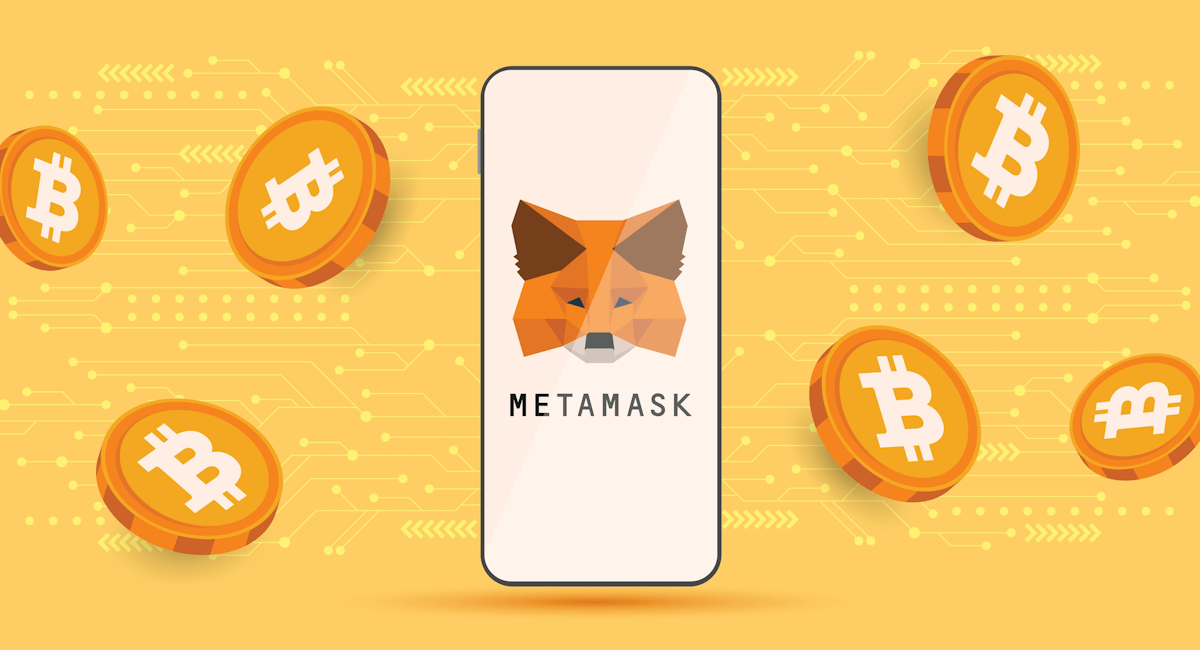In the rapidly evolving world of cryptocurrencies, managing your digital assets securely is paramount. Enter the crypto wallet—a digital tool that has become essential for anyone involved in the cryptocurrency ecosystem. This article explores what crypto wallets are metamask extension, how they work, the different types available, and best practices to ensure your assets remain secure.
What Is a Crypto Wallet?
A crypto wallet is a software program or hardware device that stores your private and public keys, enabling you to interact with various blockchain networks. Contrary to what the name might suggest, crypto wallets do not actually store your cryptocurrencies. Instead, they store the cryptographic keys needed to sign transactions on the blockchain, effectively granting you control over your digital assets.
Key Components:
- Public Key: Comparable to a bank account number, the public key is shared with others to receive cryptocurrency transactions.
- Private Key: This is your secret code that proves ownership of the associated cryptocurrencies. It must be kept confidential to prevent unauthorized access.
How Do Crypto Wallets Work?
Crypto wallets work by using a combination of cryptographic algorithms and protocols to secure transactions on the blockchain. When you initiate a transaction, your wallet uses your private key to sign it, and then the transaction is broadcast to the network for validation. Once confirmed, the transaction is recorded on the blockchain, and your digital assets are transferred accordingly.
Transaction Process:
- Initiation: A user creates a transaction by specifying the recipient’s public key and the amount to be sent.
- Signing: The transaction is digitally signed using the sender’s private key.
- Broadcasting: The signed transaction is broadcast to the blockchain network.
- Validation: Network nodes validate the transaction through consensus mechanisms (such as proof-of-work or proof-of-stake).
- Confirmation: Once validated, the transaction is added to the blockchain ledger.
Types of Crypto Wallets
Crypto wallets come in various forms, each offering different levels of security, convenience, and accessibility. The main types include:
1. Hot Wallets
Hot wallets are connected to the internet and are typically available as mobile apps, desktop applications, or web-based platforms. They are ideal for everyday transactions and offer ease of access, but because they are online, they are more vulnerable to hacking and malware attacks.
- Examples: Exodus, MetaMask, and various exchange-provided wallets.
2. Cold Wallets
Cold wallets are offline storage solutions, which significantly reduce the risk of online threats. They come in two primary forms:
- Hardware Wallets: Physical devices (e.g., Ledger, Trezor) that store your private keys offline. They require physical interaction for transactions and are considered one of the safest options.
- Paper Wallets: Physical printouts or handwritten notes containing your private and public keys. While secure if properly stored, they can be susceptible to physical damage or loss.
3. Custodial vs. Non-Custodial Wallets
- Custodial Wallets: Managed by a third party (like an exchange), where the service provider holds your private keys. They offer user-friendly interfaces and additional features, but you must trust the provider with your assets.
- Non-Custodial Wallets: You have complete control over your private keys. These wallets offer higher security and privacy, but require a greater degree of responsibility on the user’s part.
Security Best Practices
Given the irreversible nature of blockchain transactions, securing your crypto wallet is crucial. Here are some best practices:
- Backup Your Wallet: Always create a backup of your wallet’s seed phrase or private keys. Store this information in a secure, offline location.
- Enable Two-Factor Authentication (2FA): For wallets that offer it, 2FA adds an extra layer of security.
- Keep Software Updated: Regular updates ensure that you have the latest security patches and improvements.
- Use Hardware Wallets for Long-Term Storage: Consider hardware wallets for storing large amounts or assets you don’t plan to move frequently.
- Beware of Phishing Attacks: Always verify the authenticity of websites and communications related to your wallet.
The Future of Crypto Wallets
As cryptocurrencies continue to integrate into mainstream finance, crypto wallets are evolving. Innovations such as multi-signature wallets, decentralized finance (DeFi) integrations, and improved user interfaces are making digital asset management more secure and accessible. The integration of biometric security and enhanced encryption methods promises a future where managing digital wealth is as intuitive as managing traditional finances.
